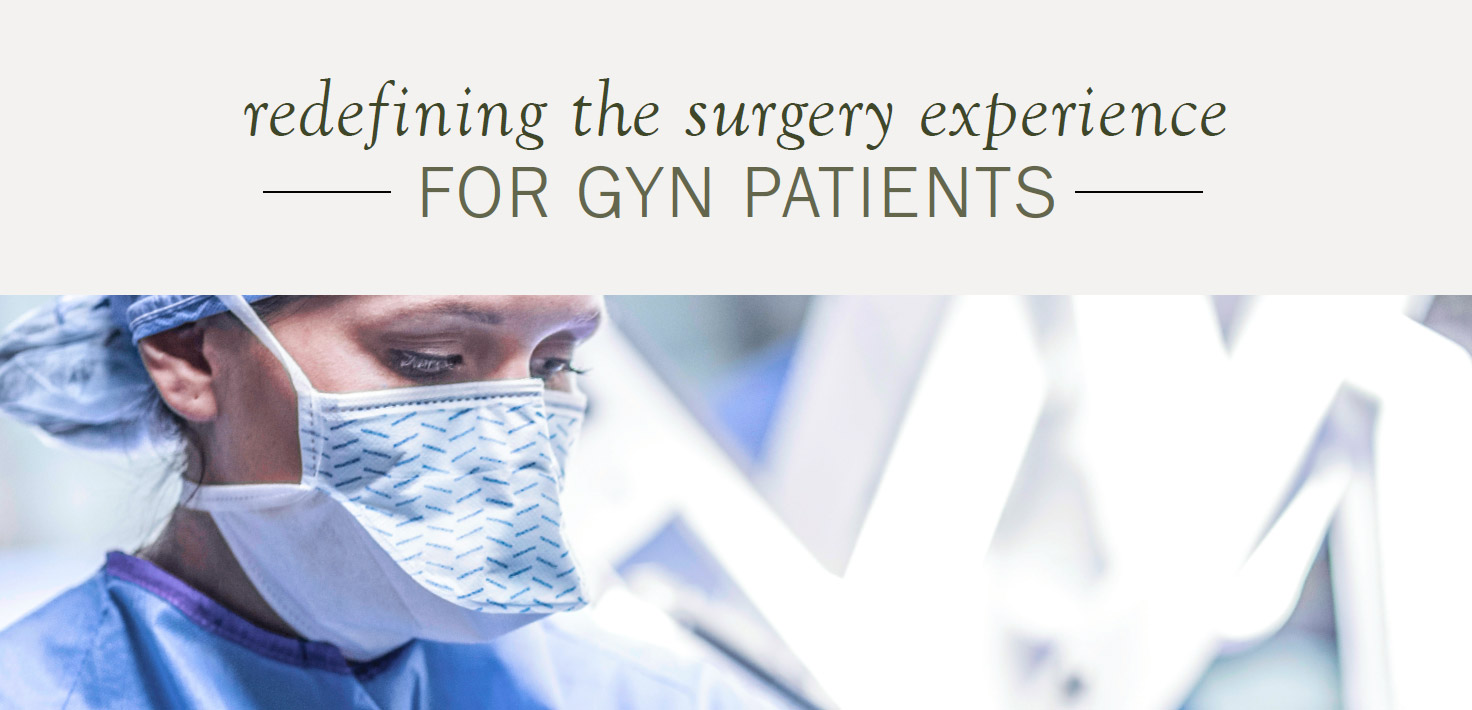Millions of women in the United States develop uterine fibroids, which are noncancerous growths in the uterus. Small fibroids may not cause any noticeable symptoms, but having larger fibroids—or multiple fibroids—can lead to a number of uncomfortable and even debilitating symptoms.
Women with symptomatic fibroids have multiple options for alleviating symptoms, including surgical procedures to remove or destroy the fibroids. Northeast Georgia Physicians Group Gynecology offers comprehensive treatment for uterine fibroids, including a minimally invasive procedure called Acessa.
What are uterine fibroids?
Uterine fibroids, also called “leiomyomas” or “myomas,” are muscular, noncancerous growths in the uterus. Fibroids can be as tiny as an apple seed or as big as a grapefruit, and they can develop in the uterine cavity (submucosal), within the uterine wall (intramural), through the uterine wall (transmural), or on the outside of the uterus (subserosal).
Many fibroids don’t cause symptoms, but some fibroids, particularly larger ones, can cause a wide range of symptoms, including pain during intercourse, lower back pain, frequent urination, pelvic fullness or pressure, and heavy uterine bleeding.
What is the Acessa procedure?
Acessa is a minimally invasive procedure performed through two small abdominal incisions. Guided by real-time imaging of the uterus, a gynecologist uses heat from targeted radiofrequency energy to soften and shrink uterine fibroids.
This enhanced imaging, provided by both a laparoscopic camera and ultrasound, allows the provider to identify and address all affected areas in and around the uterus during the procedure.
While the procedure doesn’t fully remove uterine fibroids, they shrink considerably in size and volume, reducing symptoms. After the outpatient Acessa procedure, women usually experience symptom resolution with minimal post-surgical discomfort. In most cases, women return to work and other activities within a few days.
Who can benefit from an Acessa procedure?
Acessa is recommended for premenopausal women with uterine fibroids that are causing pain and other symptoms such as heavy bleeding.
The Acessa procedure is ideal for women who want a less-invasive treatment option that doesn’t remove the uterus. During an Acessa procedure, radiofrequency is targeted to the fibroid itself, leaving healthy uterine tissue untouched, which allows for a quicker recovery.
What types of fibroids can Acessa treat?
Acessa can be used to treat nearly all symptomatic uterine fibroids, including subserosal, intramural, transmural, and submucosal fibroids. More than one fibroid can be treated during the procedure, and the real-time imaging allows a provider to completely visualize the area and treat any fibroids present.
The Acessa procedure is not recommended for treating very large fibroids. An NGPG gynecologist can advise whether you’re a candidate for the procedure based on the results of imaging scans such as ultrasound or magnetic resonance imaging.
What are the risks of an Acessa procedure?
Acessa is typically a well-tolerated and effective treatment option, but complications are possible with any surgical procedure. In some cases, side effects may occur after the Acessa procedure, including temporary urinary retention, urinary tract infection, cramping, or pelvic pain.
Rarely, more serious complications can occur, such as skin burns from radiofrequency energy, blood loss requiring transfusion, or serious effects related to general anesthesia.
In up to 6 percent of cases, Acessa may be ineffective in providing symptom relief from uterine fibroids. In those cases, other procedures, including hysterectomy or myomectomy, may be required.
Choose NGPG for the Acessa procedure
At NGPG Gynecology, we’re committed to providing our patients with the most advanced treatment options for alleviating conditions affecting the female pelvic floor. Our providers have specialized expertise and training in both urology and gynecology, allowing us to offer high-quality care for uterine fibroids and other pelvic floor disorders. This unique knowledge helps us find each and every patient the best treatment option to meet her specific needs.


